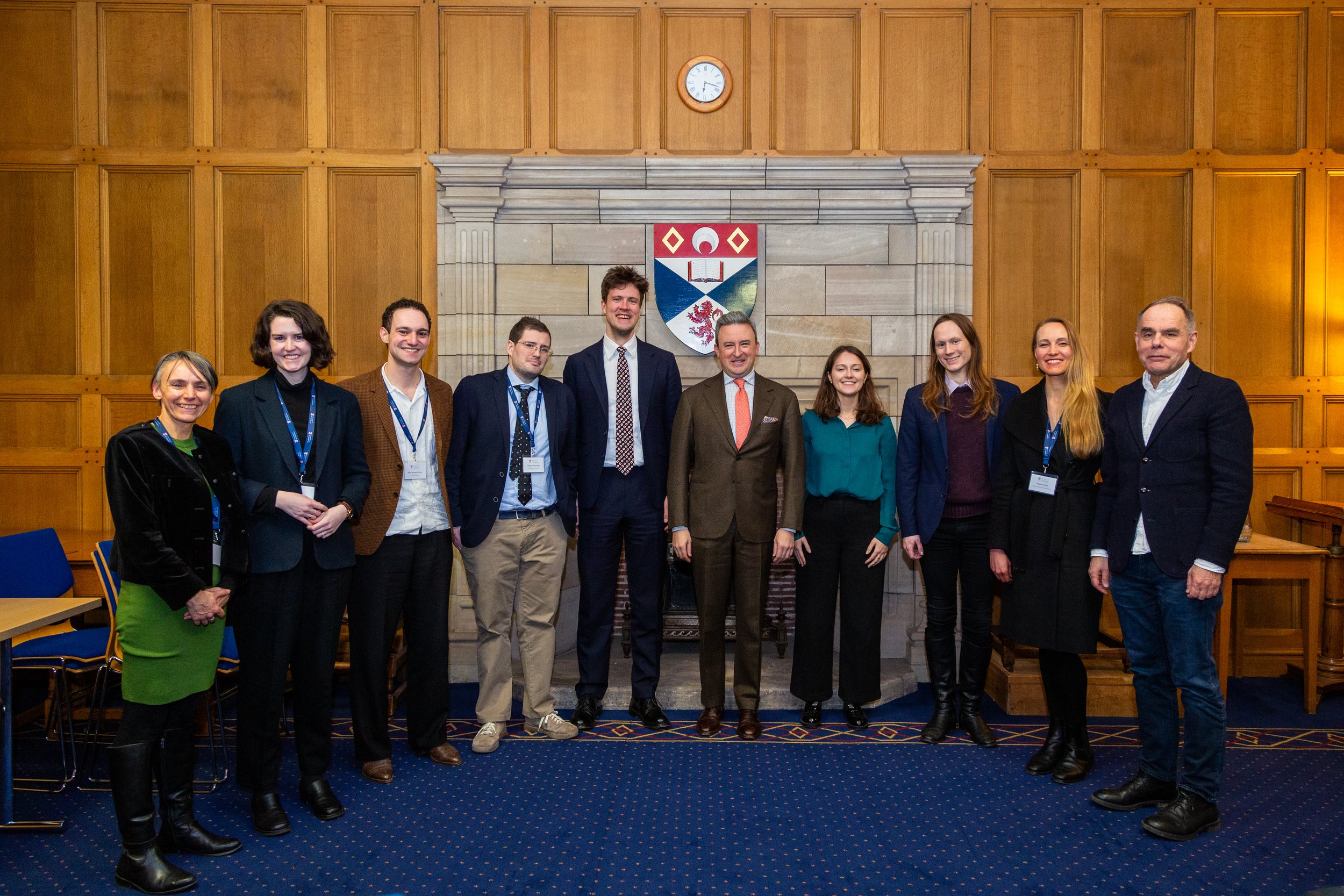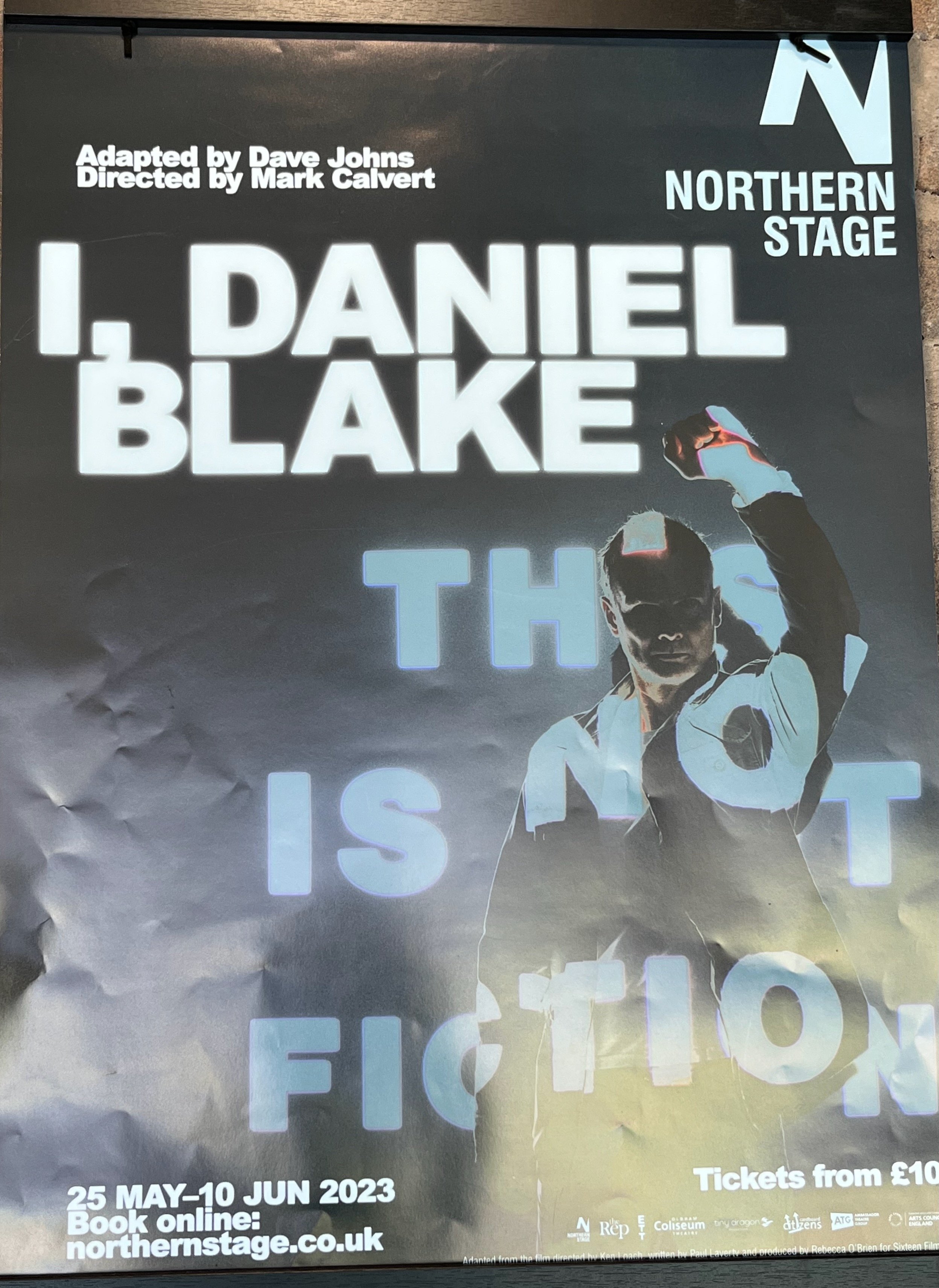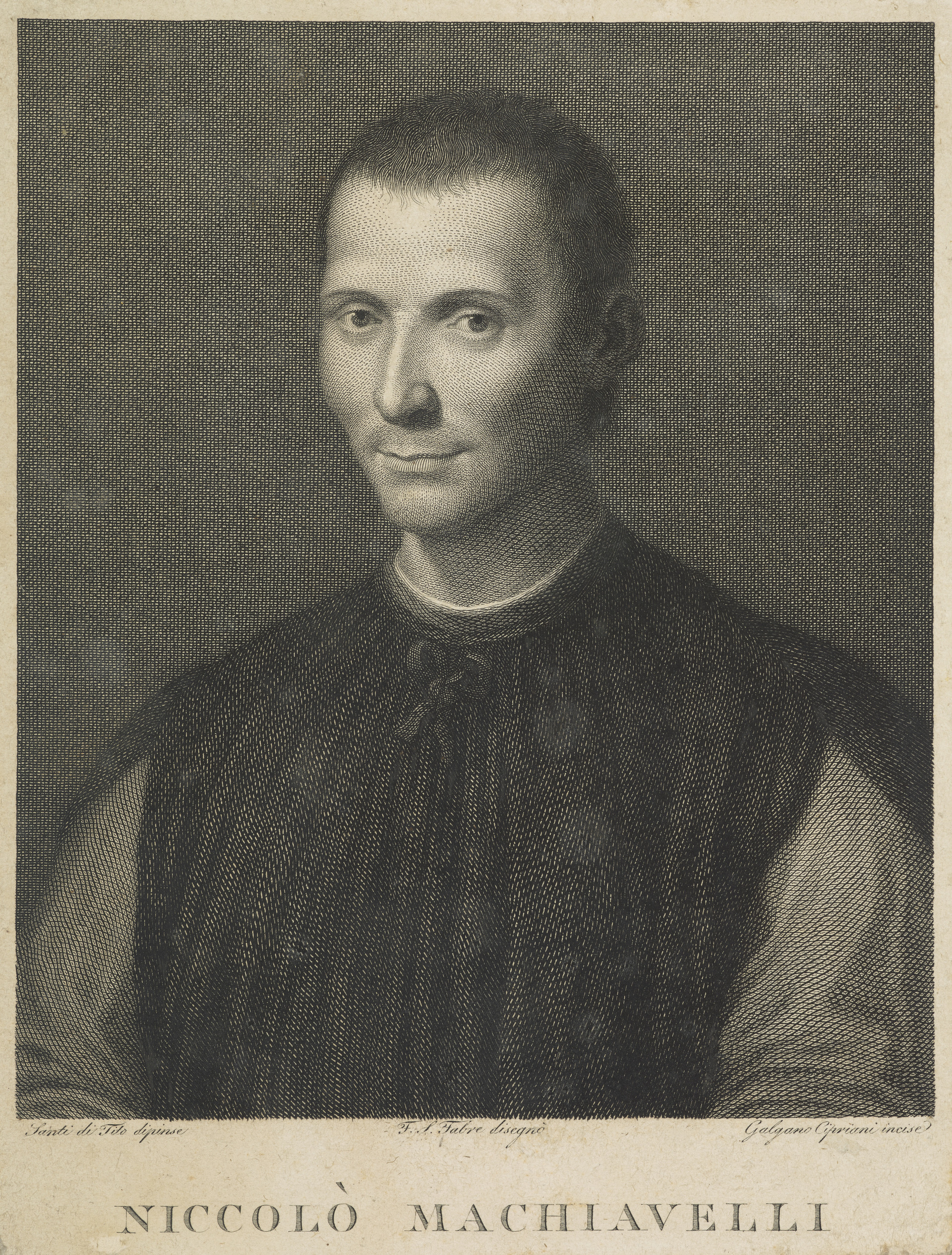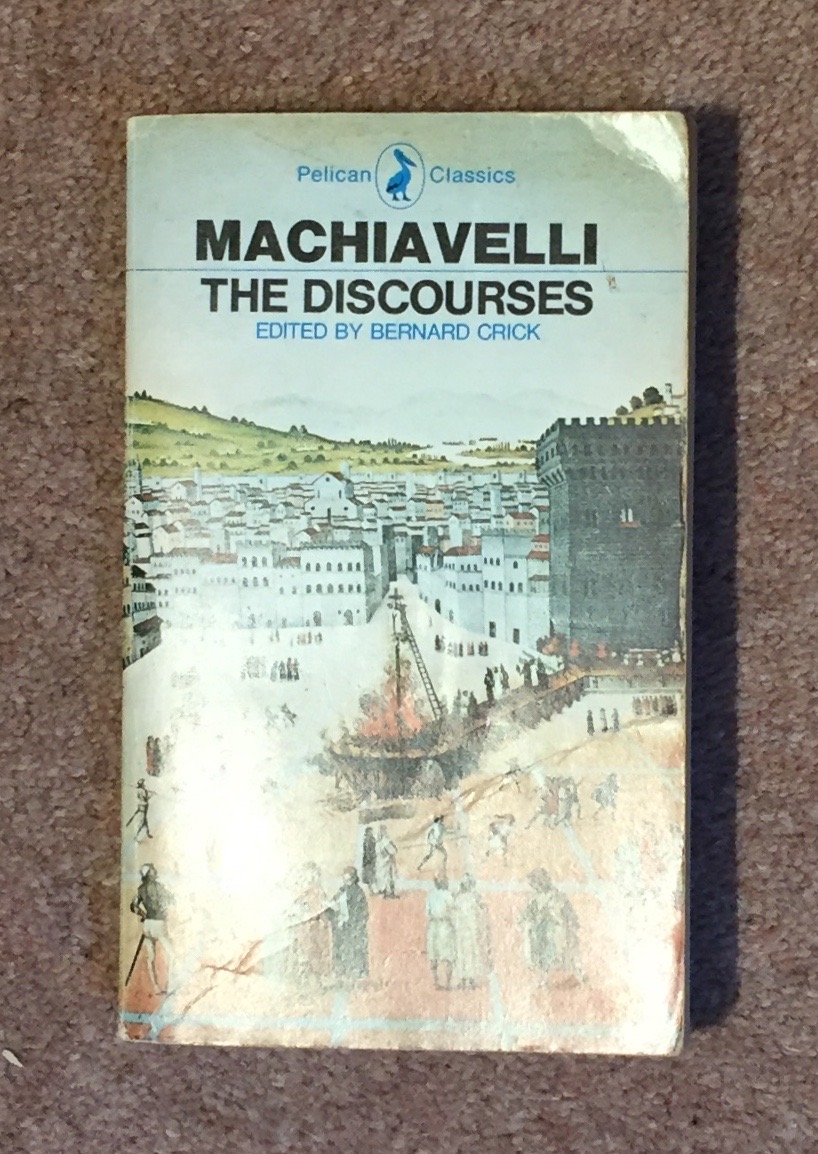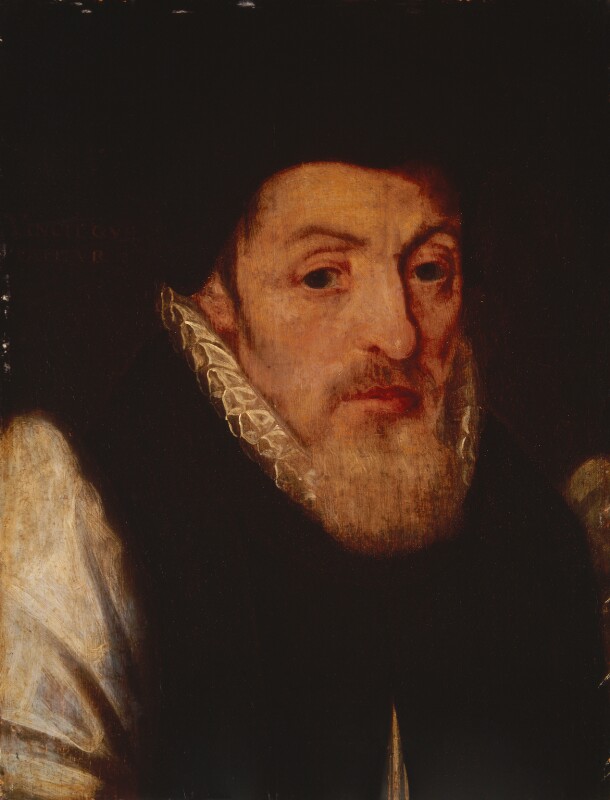It is now over thirty years since I was an undergraduate. Even so I remember clearly how impressed I was by Quentin Skinner's ability to fill a large lecture theatre at 9am on Monday, Wednesday, and Friday mornings for his lectures on Liberty. It was clear why he succeeded in doing so; his lectures were rich, thought-provoking, and eloquent.
Skinner's most recent book, Liberty as Independence: The Making and Unmaking of a Political Ideal marks the culmination of almost four decades of his thinking about the topic (though, of course, he has written on many other subjects in the meantime). This blogpost offers my reflections on a recent symposium to celebrate the book, that took place at Cambridge University
The idea of liberty as independence is grounded in the crucial distinction, set out in the Digest of Roman law, between a freeman and a slave. A slave is understood as being dependent on the will of their master and, therefore, constantly subject to that person's arbitrary will, whether or not they are physically constrained. By contrast, a freeman is not dependent on the arbitrary will of anyone else. In political terms, this requires living under the rule of law and having some input into the making of those laws. This understanding of liberty contrasts with what we might think of as the modern 'liberal' view, by which it is defined as an absence of impediments or restraint
Liberty as independence was initially closely linked to the Roman republican tradition - indeed it has often been labelled 'republican liberty'. Yet, as Liberty as Independence articulates, it was broader than that. In the first place, many of its advocates also incorporated into their thinking a crucial element of what Eric Nelson has presented as an alternative Greek tradition in republican thought. From this point of view, it is important to be free not only externally from the arbitrary will of other human beings, but also internally from one's own passions. Skinner presents this in a Roman rather than a Greek guise, citing Cicero's claim that 'A free man' knows how to 'govern his affections and desires' (Quentin Skinner, Liberty as Independence, Cambridge University Press, p. 19). Skinner also clearly demonstrates that this understanding of liberty was widely adopted in early modern Europe, not just by advocates of republicanism but also by monarchomach theorists, ancient constitutionalists, and advocates of theories of natural rights - including John Locke.
Liberty as Independence focuses on Britain in the century or so between the Glorious Revolution and the American and French Revolutions, when this view of liberty was dominant. It was adopted not only by the Court Whigs (who claimed to have transformed it into a reality) but also by many of their real Whig and their Jacobite opponents. The book then examines the process by which liberty as independence came to be eclipsed by the notion of liberty as an absence of restraint. This had been articulated by Thomas Hobbes in the 1650s, but only rose to hegemonic status in the aftermath of the American and French Revolutions. The question Skinner poses at the end of the book is whether this shift marks a moral gain or a loss.
Statue of Jean-Jacques Rousseau outside the Pantheon in Paris. Image by Rachel Hammersley.
James Harris's paper at the Symposium, 'No democracy, no Liberty', centred on a fundamental tension at the heart of the idea of liberty as independence. It requires that the people have influence on or give consent to the laws by which they are governed, implying a close link with democracy. At the same time, however, to the extent that democracy operates by majority rule, some individuals will find themselves subject to a decision with which they do not agree. And on this account of freedom, that renders them unfree. This tension was explored in Alexis de Tocqueville's writings on America - where democracy is presented as necessarily posing a threat to liberty. It was also addressed by Jean-Jacques Rousseau, who spoke of the need for individuals to be 'forced to be free' by coming to recognise the general will as their own (Jean-Jacques Rousseau, The Social Contract and other later political writings. ed. Victor Gourevitch. Cambridge University Press, 1997, p. 53). Yet neither Rousseau's squaring of the circle, nor the Anti-Federalist solution of a bill of rights, seems a satisfactory answer to the problem.
Both Jessica Patterson's paper and my own considered how the theory of liberty as independence might help us to think about the debates over citizen militias that emerged in the late eighteenth century. Jessica highlighted the importance of 1780 for the doctrine of liberty as independence. In the immediate aftermath of the Declaration of Independence - in which the colonists deployed this doctrine to justify separation from Britain - it was also used by advocates of reform in Britain and by opponents of the slave trade. It was particularly salient in the aftermath of the Gordon Riots of June 1780, which saw several days of rioting in London in opposition to the passing of the Papists Act (1778). To quell the disturbance, King George III eventually brought in 10,000 soldiers who fired on the crowd without first reading the Riot Act. While estimates vary, at least 200 people were killed and many others injured. For some at the time, including the Orientalist and reformer William Jones, this demonstrated why it was dangerous to be dependent on the arbitrary will of a ruler. In the aftermath of the Riots he published An Inquiry into the legal mode of suppressing riots with a constitutional plan for future defence, in which he argued that the solution to the threat posed to liberty by this sort of arbitrary power was to arm the citizen body. Jessica went on to highlight the influence of these ideas in the nineteenth century in the writings of Chartists, Owenites and Marxists
Sir William Jones by James Heath, after Sir Joshua Reynolds, 1799. National Portrait Gallery. NPG D36735. Reproduced under a Creative Commons Licence.
My paper too focused on citizen militias, William Jones, and his Inquiry. But where Jessica looked forward to the nineteenth century, I examined these late eighteenth-century arguments in the context of the 'Standing Army debate' of the 1690s. This was sparked by William III's decision to maintain his armed force after the Treaty of Ryswick had brought an end to the Nine Years' War. A number of real Whig commentators objected that a standing army constituted a threat to the liberty of the nation, and argued for the use of a citizen militia as a defensive force. It was these arguments that were revived by William Jones and other members of the Society for Constitutional Information in the 1780s. They reprinted several key tracts from the 1690s debate, as well as producing works of their own on the subject, including Jones's Inquiry and John Cartwright's The Commonwealth in Danger (1795). Jones, Cartwright, and others argued that ordinary citizens should be armed and trained militarily. Moreover this was presented as an essential counterpart to parliamentary reform, including the establishment of universal suffrage. This was, no doubt, an alarming prospect to many, and perhaps contributed to the displacing of liberty as independence by liberty as freedom from restraint at the end of the eighteenth century
Richard Price by Thomas Holloway after Benjamin West, 1793. National Portrait Gallery NPG D5556. Reproduced under a Creative Commons Licence.
Niall O'Flaherty's paper, 'Against Absolutism: Measuring Liberty in a Constitutional Crisis', also argued that Liberty as Independence sheds light on the political debates of the 1780s and 1790s: both by acknowledging the importance to those debates of natural jurisprudence, and by demonstrating the shared ideology of the Whigs in the eighteenth century. In addition, Niall emphasised the value of Chapter 5 of the book, which draws on novels by Henry Fielding, Samuel Richardson, and Tobias Smollett, focusing on their critiques of the unchecked power exercised by local justices. Niall argued that this highlights the importance of local government at this time, and the fact that the tyranny exercised over the poor was often discussed in political rather than moral terms. Here, the connection between the local and the national, and between the history of political thought and other branches of history, are illustrated. Niall also noted that one consequence of this broad commitment to liberty as independence was a range of views on what constituted 'arbitrary power'. Benjamin Hoadly, in the early eighteenth century, allowed a large degree of discretionary powers for the executive (as necessary to curb the Jacobite threat), whereas later figures, like Richard Price and Thomas Paine, insisted on fewer discretionary powers - or even none at all. Finally, Niall wondered about the motivations behind the shift from liberty as independence to liberty as absence of restraint, and the extent to which late eighteenth-century advocates of the neo-Hobbesian understanding of liberty were motivated by the fact that it offered a more practical means of addressing contemporary problems.
The symposium raised many topics for further exploration. One of the most important is the question of who constitutes 'the people' - i.e. those who are to enjoy independence through consenting to the laws under which they live. For some of the thinkers discussed in the book, the definition seems to be quite broad (Jones and Cartwright, for example, would have said all adult males) but for others it was restricted to those who were educated and held property. Liberty as independence, then, has the potential to be inclusive and emancipatory but it could also be deployed in a more exclusionary fashion. What are the implications of this for its adoption today? Another topic is the relationship between liberty as independence and citizen militias, questions were raised about the differences between the British and continental practices, and about whether being compelled to join a militia could be viewed as an invasion - rather than an extension - of an individual's liberty. Finally, there is perhaps more to be said about how liberty as independence might be applied to other spheres, such as the economy and personal relationships. Even though it was eclipsed by liberty as absence of restraint in the late eighteenth century, it seems that, as Quentin suggested in the conclusion to his book, it does still have 'a great deal to contribute to current debates about the improvement of our moral and political world' (pp. 276-7).















